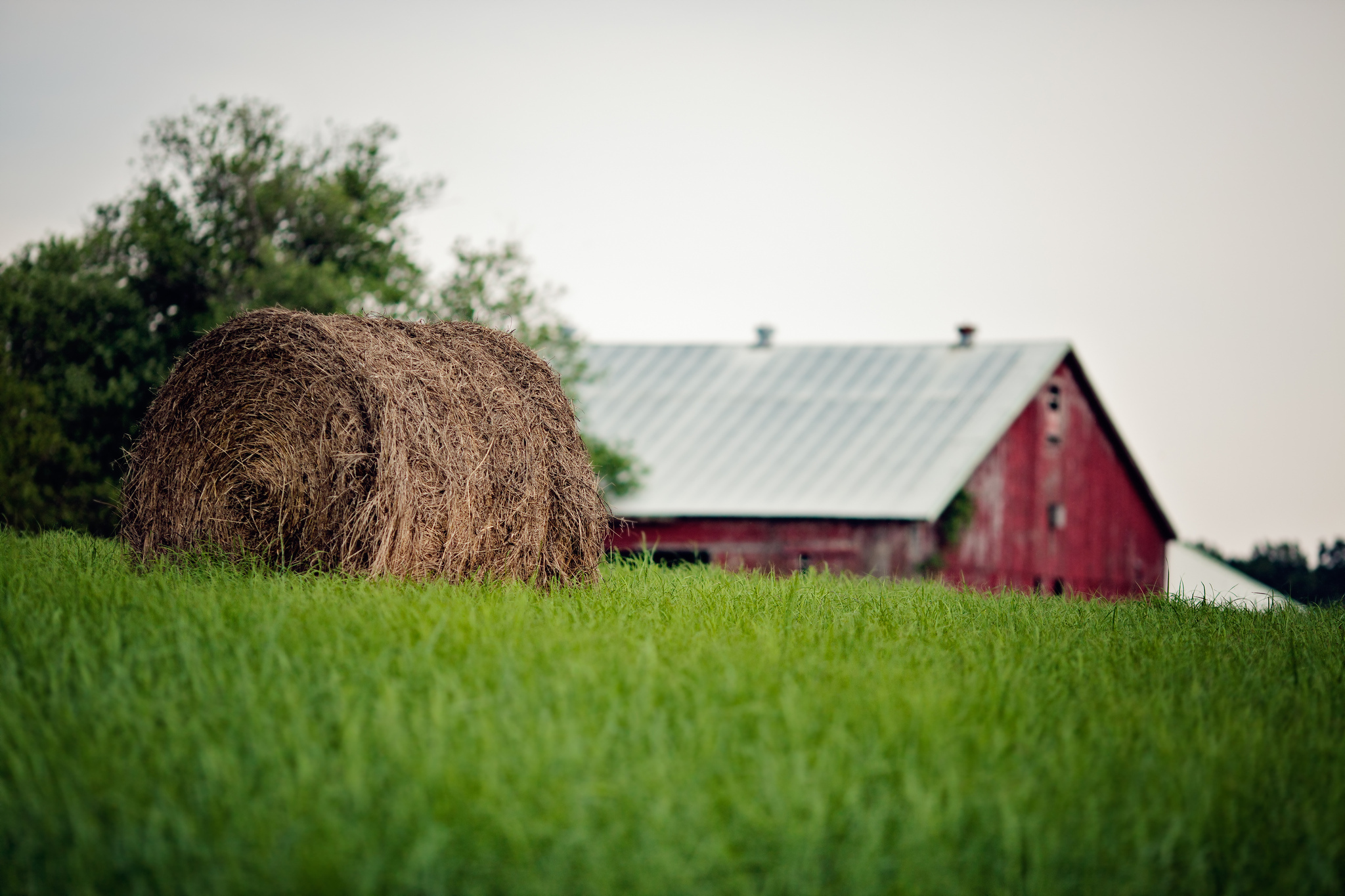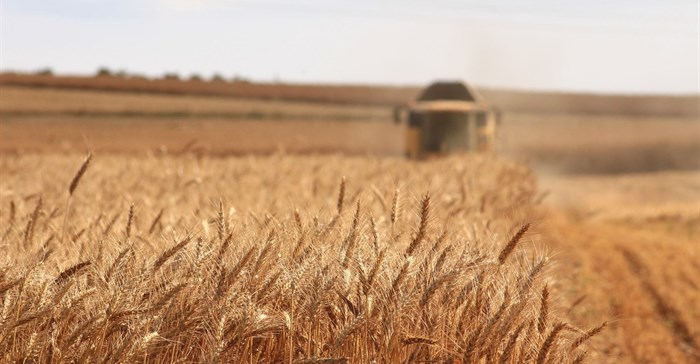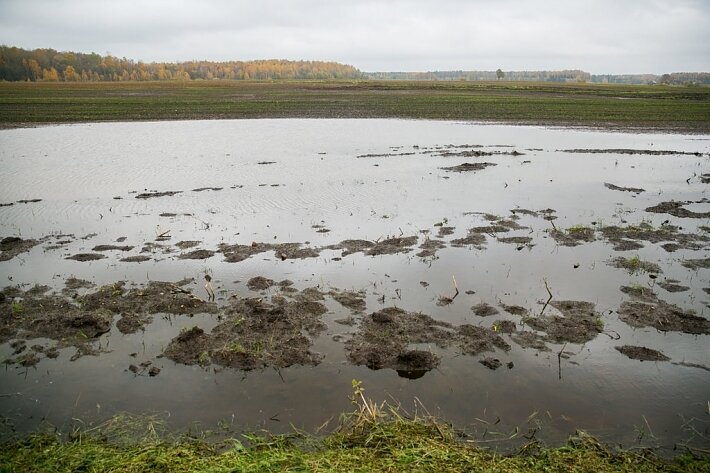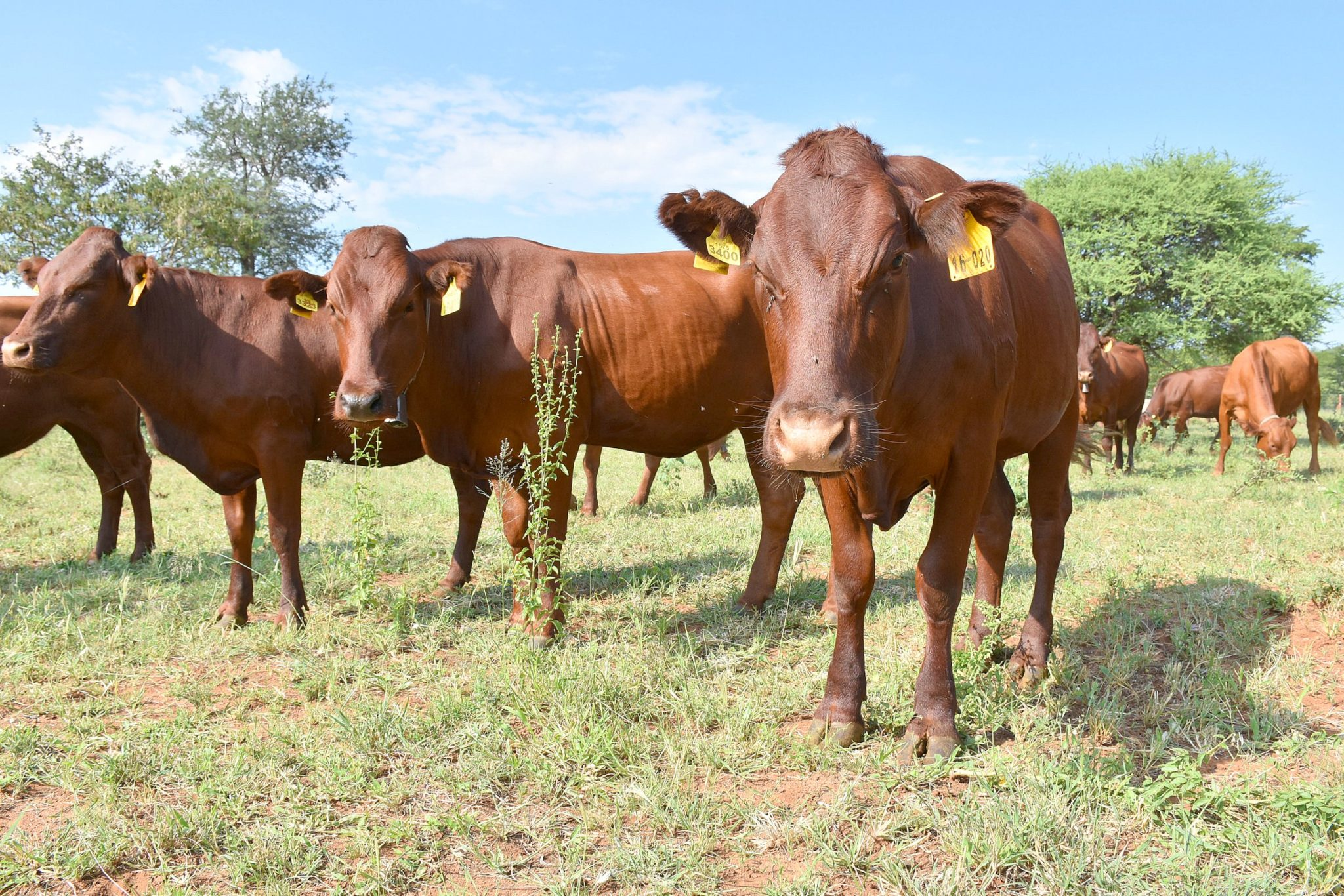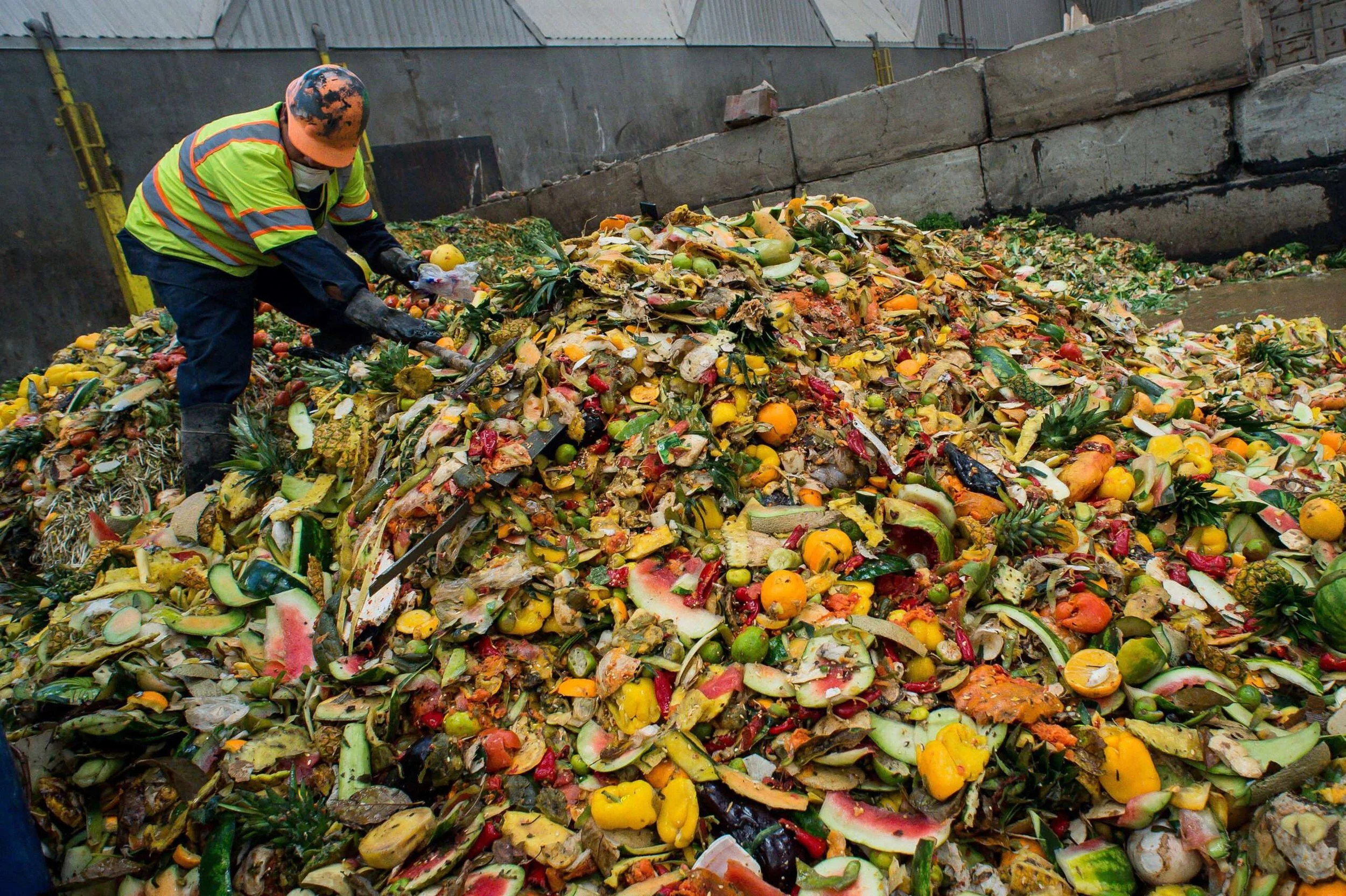Comedian Brian Regan had a great standup bit back in the day:
“I heard that the government will pay certain farmers to not grow corn. Wow. Where’s my check?”
Sadly, U.S. agriculture policy really is that misguided — and far less funny.
Every few years, Congress passes a farm bill packed with pork, special-interest handouts and increased federal spending, not to mention agricultural subsidies: taxpayer dollars to financially aid agricultural producers of certain goods.
Why do agricultural producers need these massive subsidies to manage risk? Other businesses with major risks do just fine without such government intervention.
First off, it’s worth noting that most agricultural production comes from large producers. Based on the last Census of Agriculture, just 4 percent of farms accounted for 67 percent of all agricultural sales. It’s not surprising then that the vast majority of agricultural subsidies go to large business operations — not exactly starving homesteaders.
In the 1940s, agricultural subsidies acted as a type of social welfare because of the deep poverty of farmers. That’s far from the situation today. Farm households have greater median income than nonfarm households and 10 times the median wealth of all U.S. households. As for the demise of family farms? That’s a bit overstated, when 99 percent of farms are family farms, and the total number of farms has remained consistent, at about 2.1 million over the past 25-30 years.
Second, these subsidies bring with them a lot of unintended consequences. Farmers are often incentivized to “farm” the subsidies themselves, by growing crops where they can maximize their subsidies instead of meeting the demands of the market. Subsidies also discourage innovation, distort prices and crowd out solutions that could be available to farmers. It may surprise Americans that their government essentially dictates the price of sugar, raising it artificially by limiting the amount of sugar that is sold.
But even that doesn’t cover how absurd agricultural subsidies have become. They’re no longer just a safety net: Farmers can have a bumper crop and receive federal crop insurance indemnities. A major new program protects against shallow losses, which means farmers are shielded from shallow (or minor) dips in the amount of money they had expected. Much of these dips would be attributed to ordinary business risk in any other industry.
But farmers are no less capable than other businesses in managing their risk. They already utilize many private risk-management tools: use of off-farm income, diversification of their crops and business, hedging, and insurance (federal crop insurance is just one way of managing risk, and it is only one type of insurance that farmers buy). There’s a growing consensus that this price and revenue protection is not only bad economics for agriculture, but also bad for the adaptability of the industry as a whole. The Organization for Economic Co-operation and Development has noted:
Governments have often assumed that the answer to farming risk lies in stabilizing prices. In fact, by doing this they may actually increase the variability of income and have the opposite effect. … Price interventions will isolate farmers from underlying market fundamentals such as high prices that signal a negative supply shock or low prices that signal oversupply.
A new Heritage Foundation report recommends moving away from subsidies, but not all at once. The battle here is against federal intervention, not farmers who have been forced to rely on it. To help smooth the transition, deep yield losses for farmers would still be covered. The federal crop insurance program would be strengthened by properly focusing the program back on what it was supposed to cover: disasters and yield losses.
In other words, the taxpayer-funded safety net for agriculture would become just a safety net, as it should be, not a wholesale insulation from normal market forces. A healthy, subsidy-free agriculture sector will be more adaptable and resistant to disaster than one which has never had to compete in an open marketplace.
As for the millions of American taxpayers currently burdened with the risk of this industry, I’ll steal from an English writer long ago: “For what were all these country patriots born? To hunt, and vote, and raise the price of corn?”
For all our sakes, I hope not.
Source - http://www.bendbulletin.com


